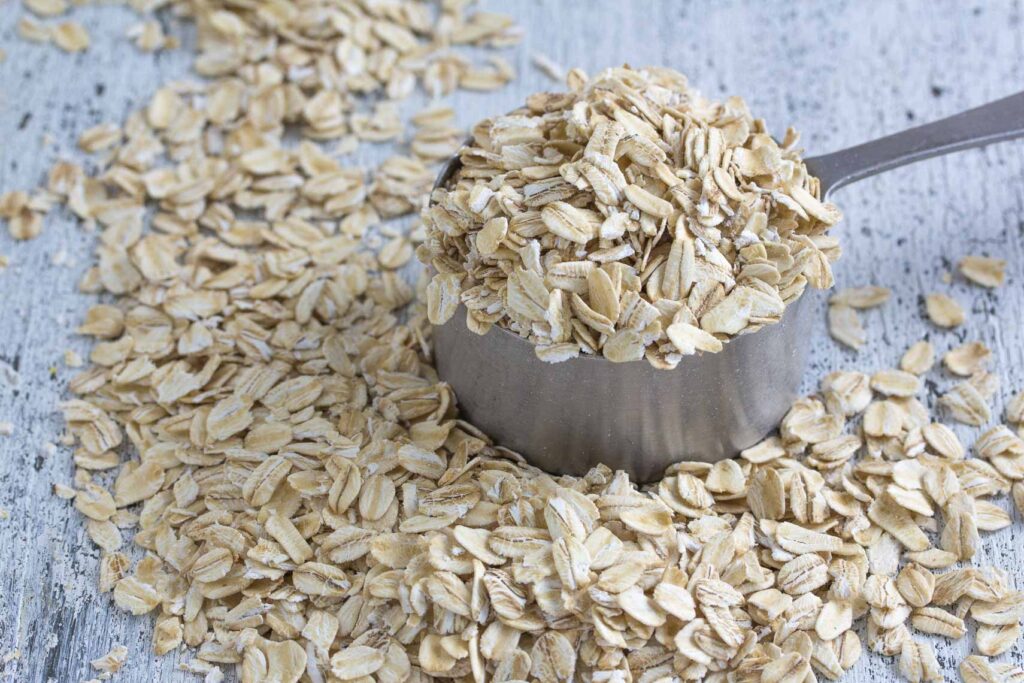Although there is a lot of hype around healthy superfoods, they are among the healthiest foods to consume on a daily basis. Superfoods aren’t exactly defined in scientific terms, but at EatingWell, we consider them to be multipurpose foods that are nutrient-dense and filled with anti-disease properties (e.g., antioxidant-rich blueberries).
However, some really healthful foods—like goji berries, for example—are either too costly or difficult to locate to include in our regular diets, or they’re something you’d probably only eat sometimes, like sardines. Variety is key for a healthy diet, so we’re all for trying new foods, but we also wanted to identify the superfoods that will be the simplest to include in your diet.
The best diets and foods emphasize actual, whole foods, such as whole grains, a lot of fruits and vegetables, healthy fats and proteins, and little to no added sugar or salt. This list is a fantastic place to start if you’re wanting to add more healthy foods to your diet, but there are many additional nutritious items that aren’t on it, such as lentils, bananas, and beets.
Accordingly, the following ten superfoods are simple to locate and easy to consume, making eating a balanced diet enjoyable.
Table of Contents
Toggle1. Berries

Fiber, a nutrient that most Americans don’t get enough of, is found in abundance in all berries. In addition to keeping your stomach full and functioning correctly, fiber also benefits your heart. Berries are all beneficial to your health, so try a variety.
Berries aren’t in season in the winter, so freeze them (without added sugar) and use them in yogurt, oatmeal, or smoothies. With eight grams of fiber per cup and an anti-cancer component called ellagic acid, raspberries are among the finest breakfast foods for weight reduction. Blueberries are rich in antioxidants called anthocyanins, which may aid maintain cognitive function, but have half the fiber (4 grams) of the same quantity of berries.
2. Eggs

Eggs are a great vegetarian protein source that may help your meal last longer. Six grams of protein and around 70 calories make up one egg. Additionally, lutein and zeaxanthin, two antioxidants that support eye health, are found in egg yolks.
Actually, lutein and zeaxanthin are associated with a lower risk of age-related macular degeneration, which is the primary cause of blindness in those over 65, according to study published in 2019 in PLOS One.
3. Sweet Potatoes

Sweet potatoes’ alpha and beta carotene content accounts for their striking orange color. These substances are transformed by the body into the active form of vitamin A, which supports the health of your immune system, bones, and eyes.
Additionally, these phytochemicals eliminate free radicals that cause illness by acting as antioxidants. approximately four times the daily recommended amount of vitamin A may be found in one medium sweet potato (approximately 1/2 cup), along with small amounts of vitamin C and B6, potassium, manganese, lutein, and zeaxanthin.
4. Broccoli

This superfood is loaded with folate and vitamins A, C, and K, which support healthy bones. Broccoli routinely ranks first on lists of “superfoods” for another reason: it provides a good dosage of sulforaphane, an isothiocyanate that is believed to prevent cancer by promoting the body’s detoxification enzymes.
ALSO READ;- Mannara Chopra on why, during Bigg Boss 17, she chose not to use Priyanka Chopra’s name: wished not to brag
5. Oats

A breakfast mainstay, oats are a true superfood. Increased oat consumption provides for a satisfying breakfast and is a simple method to increase your intake of fiber. Furthermore, plain oats have no added sugar and are a full grain. Start with simple oats and transform them into dishes like blueberry oat cakes or homemade granola to eat with fruit and yogurt for a superfood lunch or snack.
6.Spinach

Verdant greens are beneficial to the health. Cruciferous minerals abound in spinach, including iron, calcium, potassium, magnesium, vitamin E, and small amounts of fiber and vitamins A, C, and K. Eating more greens, such as spinach, has been linked to weight loss, a lower risk of diabetes, increased longevity, and protection against cancer, according to studies.
7. Tea

Regular tea drinking has been linked to improved bone health, better teeth and gums, and a lower risk of diabetes, Alzheimer’s disease, and several types of cancer, according to studies. The antioxidant family known as flavonoids is abundant in tea. No matter what kind of tea you select, consuming it freshly brewed will optimize its flavonoid content.
A little lemon juice—the citric acid and the vitamin C contained in that pinch of lemon, lime, or orange help retain the flavonoids—will assist if you want to store a batch of cold tea in your refrigerator.
8. Nuts

Can’t nuts do anything? They’re loaded with magnesium and heart-healthy polyunsaturated fats, two essential minerals. In addition to preventing insulin resistance, which can result in diabetes, these nutrients may help protect against it. Flavonoids such as resveratrol and ellagic acid, which are antioxidants, might lessen the damage that free radicals do to your body.
Cancer risk may be lowered as a result of this reduction in inflammation. Insoluble fiber, which is also included in nuts, has been shown in studies to support gut health by nourishing good bacteria. Make a basic trail mix or spread nut butter on toast. You may also eat a handful of nuts as a snack.
ALSO READ:- Mannara Chopra on why, during Bigg Boss 17, she chose not to use Priyanka Chopra’s name: wished not to brag
9. Oranges

The orange fruit is underappreciated. A single big orange, or a cup of orange juice, provides a whole day’s worth of vitamin C, making the humble orange a great source of the vitamin. In addition to being an effective antioxidant that helps shield cells from free-radical damage and is essential for the production of collagen that firms up the skin, vitamin C is also necessary for the production of white blood cells and antibodies that fight off infections. Oranges are also a good source of folate and fiber.
10. Yogurt

Probiotics—also known as “good bacteria”—found in yogurt support the health of our digestive systems. It’s high in calcium as well. In addition to offering phosphorus, potassium, zinc, riboflavin, vitamin B12, and protein, just one cup of yogurt has about half of the daily required amount of calcium. For an additional protein boost, opt for Greek-style yogurt and wherever feasible, go for plain. Yogurts with flavors can include a lot of added sugar, which increases calories without providing any nourishment.







































Thanks for sharing. I read many of your blog posts, cool, your blog is very good.